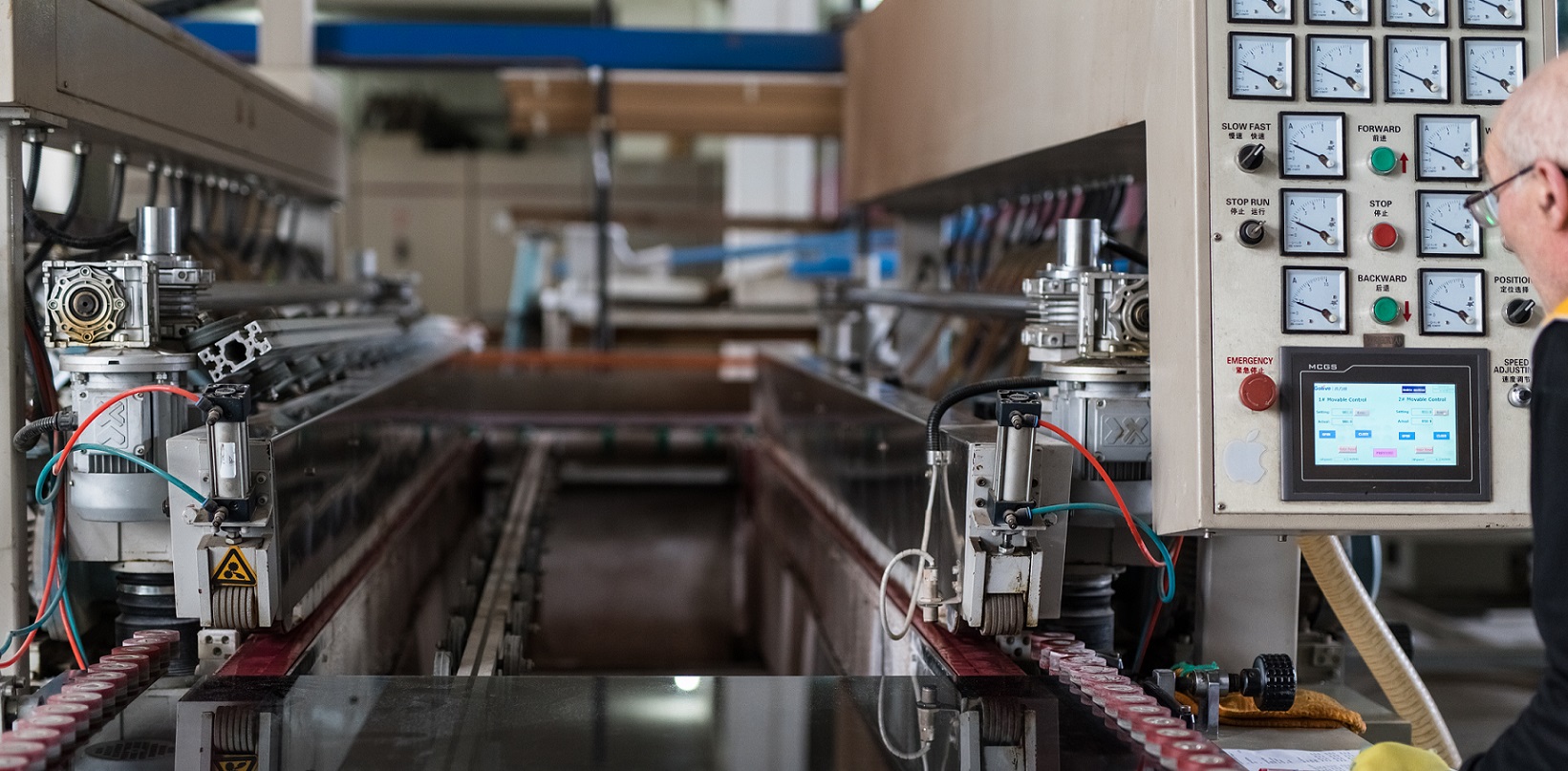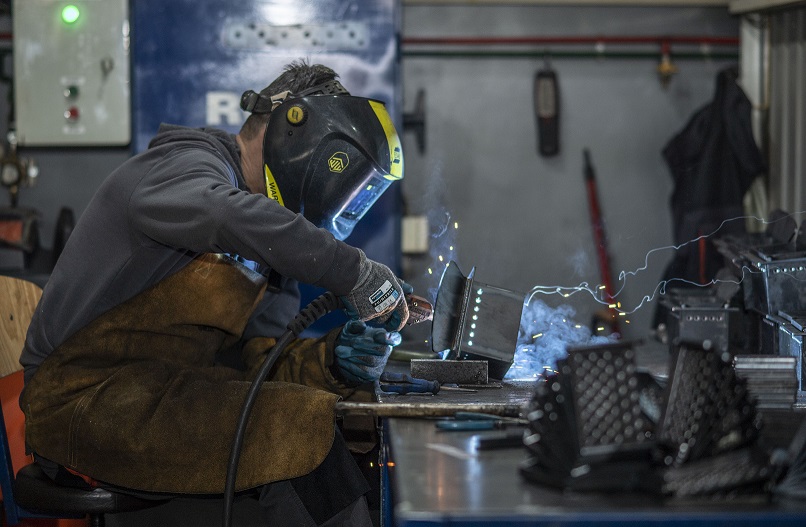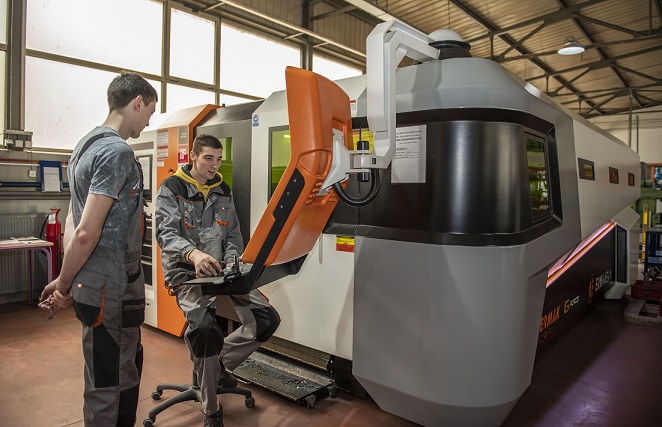Europe and its neighbours are reeling from the toughest year for decades – a green economic recovery promises new jobs and long-term sustainability, and the Green for Growth Fund (GGF) is at the heart of this opportunity.
It’s almost one year since the European Commission launched its ambitious Green Deal, a new economic growth strategy aimed at reducing environmental impact while creating jobs and ensuring a fair transition for all. With a target of net-zero carbon by 2050 and a halving of emissions by 2030, the Green Deal represents the biggest overhaul of policy in the EU’s history. Yet, in December 2019, as EC President Ursula von der Leyen introduced the plans, a new coronavirus was emerging in China.
By March, with the global COVID-19 pandemic raging across Europe, countries were forced to concentrate spending priorities on the unprecedented health and economic crisis. The entire region is still very much in the storm of the pandemic.
Around the world, governments have imposed varying degrees of “lockdown”, social-distancing measures limiting the activities of billions of people. Planes have been grounded, vehicles parked, industry and businesses shut for long periods. The lack of fossil fuel demand helped fuel a crash in oil prices so severe that the price of a barrel of oil dived below zero in April.
We don’t know when this pandemic will be over, but with new, effective vaccines now gaining regulatory approval, there is a route out. Much depends on the effective rollout of mass immunisation to bring an end the pandemic, and revive economies. Globally, we are experiencing the deepest recession since World War II, with economies expected to shrink by between 4.4% to near-8% in 2020, according to IMF and World Bank estimates. Forecasters are predicting a slow recovery for 2021.
What kind of recovery we have, however, will leave a lasting impact on the planet in the decades to come. GGF believes investing in the shift to sustainability offers an essential solution to our interconnected economic, social and health crises, including by providing jobs, strengthening new markets and improving air quality at a time when it’s most needed.
“If we’re going to be investing globally, far better to invest in a recovery that’s robust and also green,” says Lloyd Stevens, director at Finance in Motion, the investment advisor to GGF and based in Frankfurt am Main. GGF is a public-private impact investment fund working with local banks and other financial institutions, to channel dedicated green financing to businesses and households, as well as offering direct financing.



